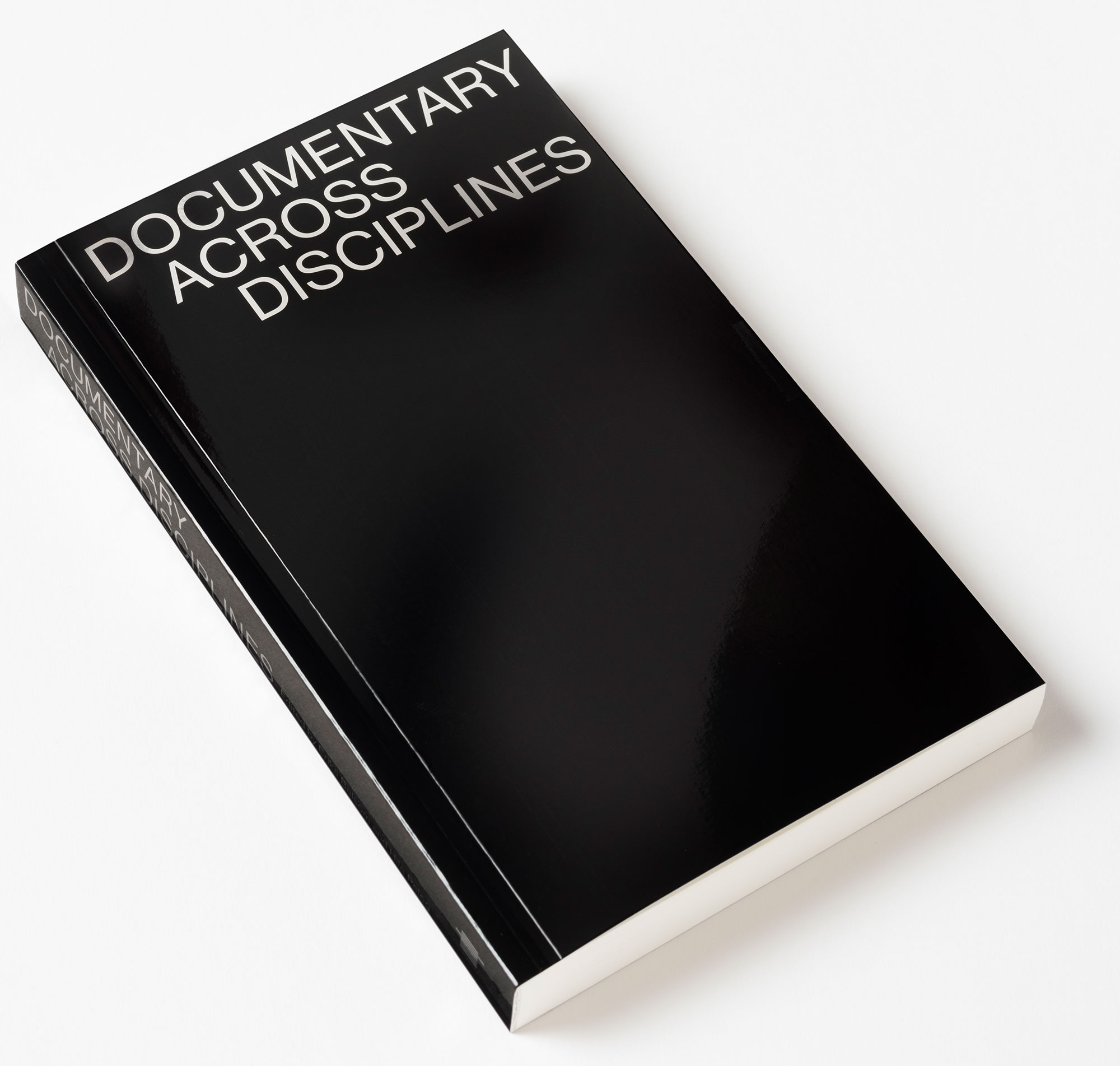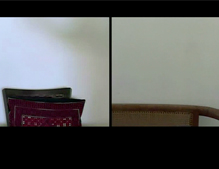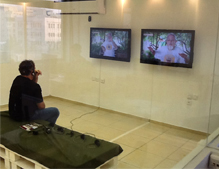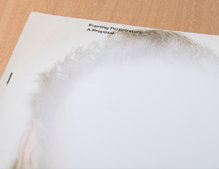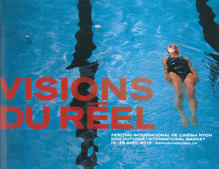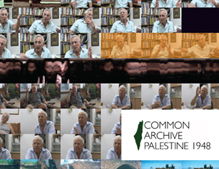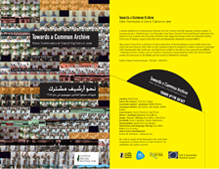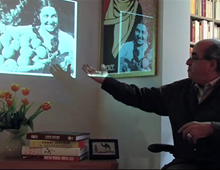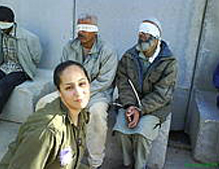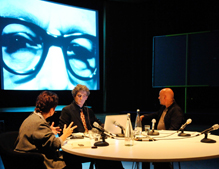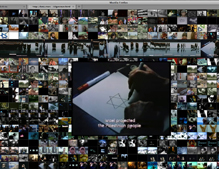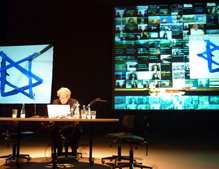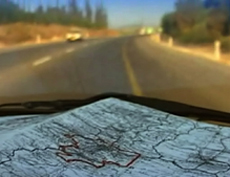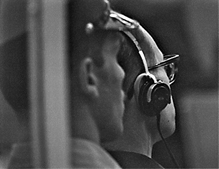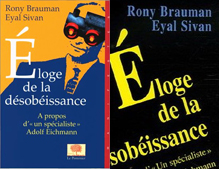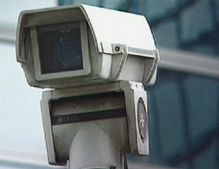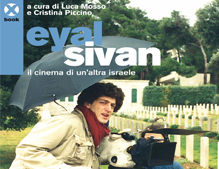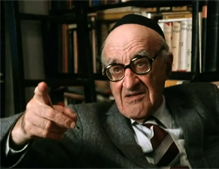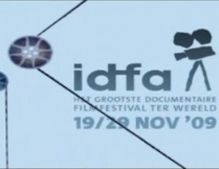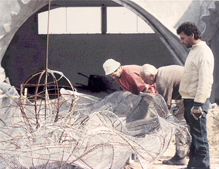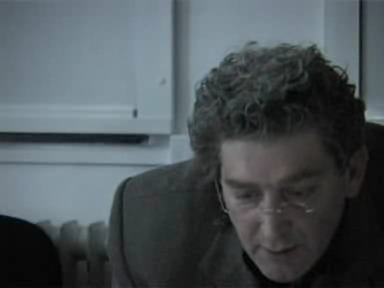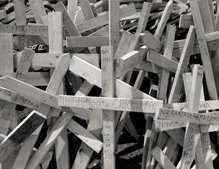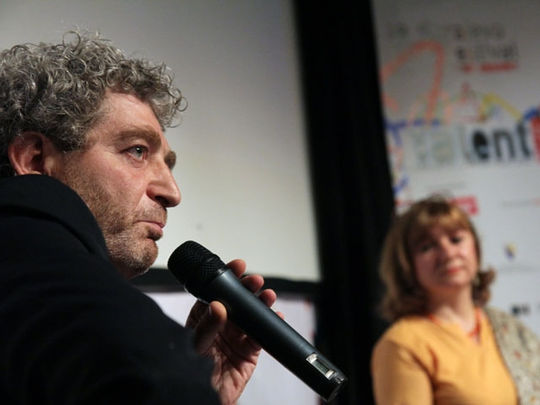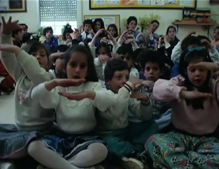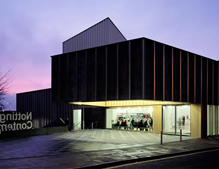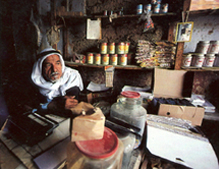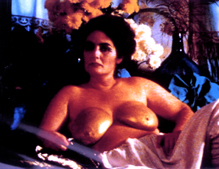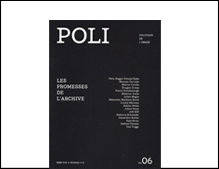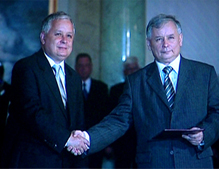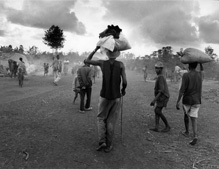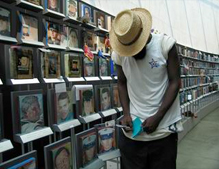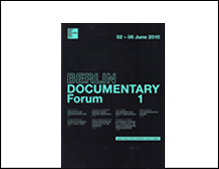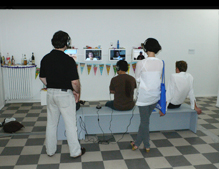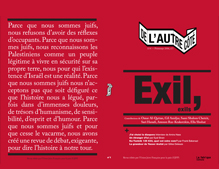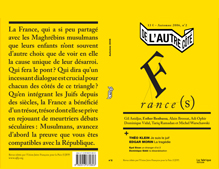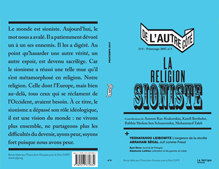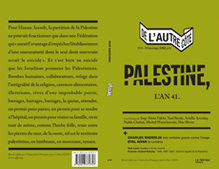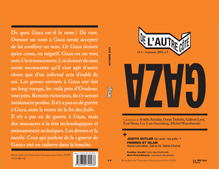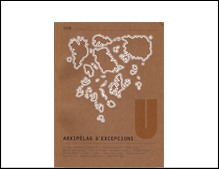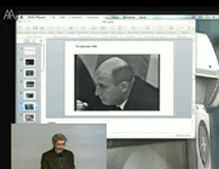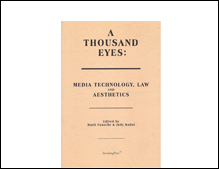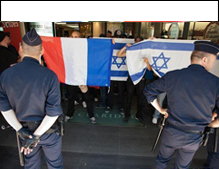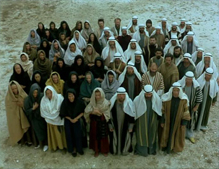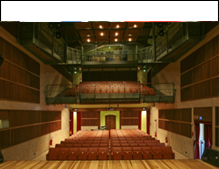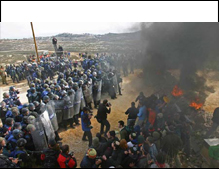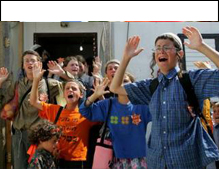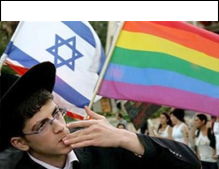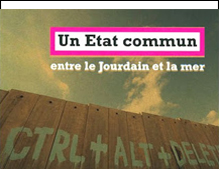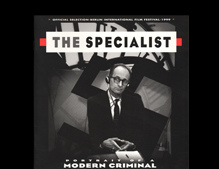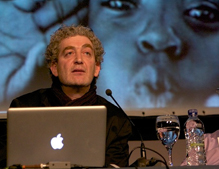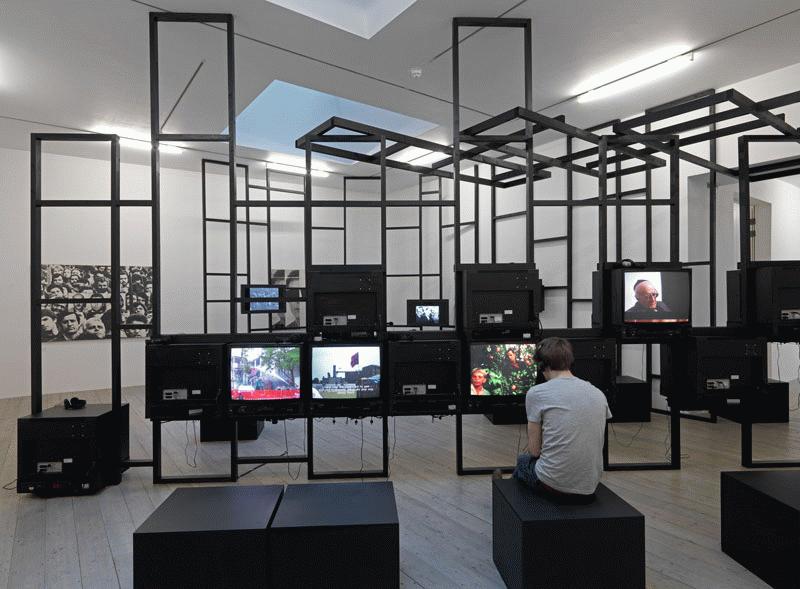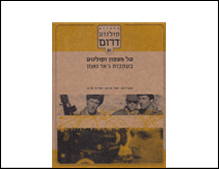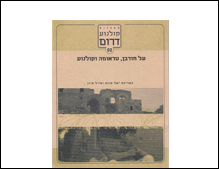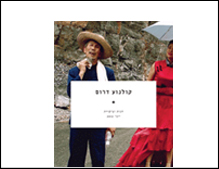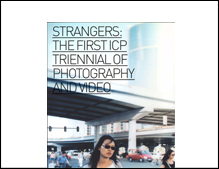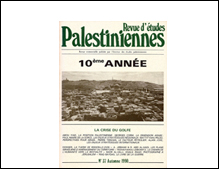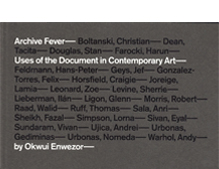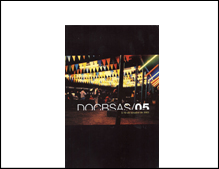-
Proposal for a visual media exhibition
with the participation of students of the Master of Film at the Dutch Film Academy, Amsterdam -
Get my films
Buy DVDs online at www.momento-films.com -
IZKOR
slaves of memory
Documentary film | 1990 | 97 min | color | 16mm | 4:3 | OV Hebrew ST -
Common Archive Palestine 1948
web based cross-reference archive and production platform
www.commonarchives.net/1948 - Project in progress - -
Montage Interdit [forbidden editing]
With professors Ella (Habiba) Shohat and Robert Stam / Berlin Documentary Forum 2 / Haus der Kulturen der Welt / June 2012 -
Route 181
fragments of a journay in Palestine-Israel
Documentary film co-directed with Michel Khleifi | 2003 | 272 min [4.5H] | color | video | 16:9 | OV Arabic, Hebrew ST
-
The Specialist
portrait of a modern criminal
Documentary film | 1999 | co-author Rony Brauman | 128 min | B/W | 4:3 | 35 mm | OV German, Hebrew ST -
Jaffa
the orange's clockwork
Documentary film | 2009 | 88 min | color & B/W | 16:9 | Digital video | OV Arabic, Hebrew, English, French ST
-
Montage Interdit
www.montageinterdit.net
Web-based documentary practice. A production tool, archive and distribution device | project in progress
-
Common State
potential conversation [1]
Documentary film | 2012 | 123 min | color | video | 16:9 split screen | OV Arabic, Hebrew ST -
Towards a common archive
testimonies by Zionist veterans of 1948 war in Palestine
Visual Media exhibition | Zochrot Gallery (Zochrot visual media lab) | Tel-Aviv | October 2012 - January 2013
-
I Love You All
Aus Liebe Zum Volk
Documentary film co-directed with Audrey Maurion | 2004 | 89 minutes | b/w & color | 35mm | OV German, French ST
IZKOR, slaves of memory 1990
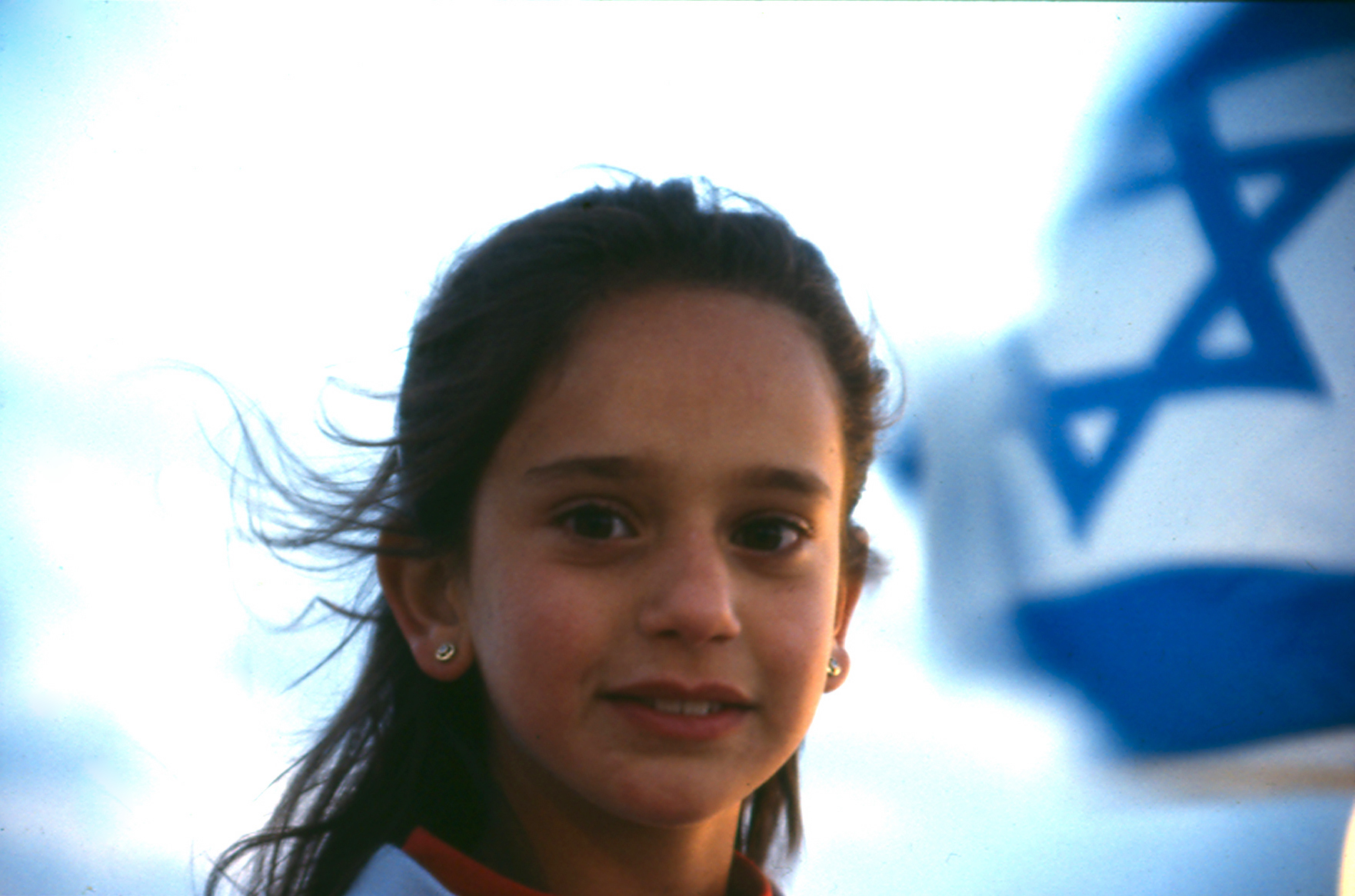
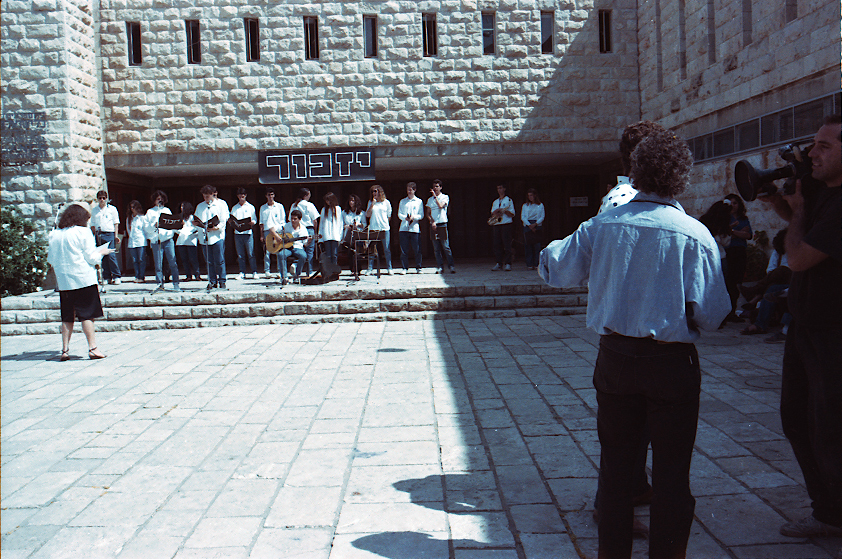

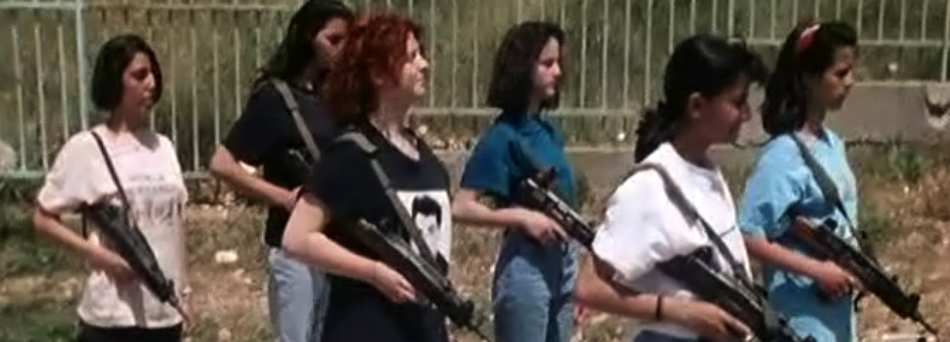
IZKOR, is a portrait of the Israeli society that has never been shown before, thirty days in the life of a State that lives to the rhythm of its memory. This award-winning film puts forward a passionate and severe analysis of the Hebrew state.
“IZKOR,” means "remember" in Hebrew and this film looks in depth at this imperative that is imposed on the children of Israel. In Israel during the month of April feast days and celebrations take place one after another. School children of all ages prepare to pay tribute to their country's past. The collective memory becomes a terribly efficient tool for the training of young minds.
In Israel, during spring, four fundamental celebrations take place one after the other:
– Passover, a celebration of freedom, marking la sortie the exodus of Hebrew slaves from Egypt.
– The “Holocaust Remembrance Day”, in memory of the genocide's Jewish victims.
– The “Fallen Soldiers and Victims of Terrorism Remembrance Day”.
– "Independence Day”, a national holiday.

Though Israel has been under the media spotlight since its creation, it is still a mystery to many observers. Its survival raises moral problems for some, and malicious speculation in others. But it is precisely on account this survival issue that the identity and determination of the population were forgotten.
Izkor is a portrait of the Israeli society that has never been shown, thirty days in the life of a state that lives to the rhythms of its memory.
Thirty days in springtime : celebrations, rituals, tributes, ceremonies… During this period, the whole country seems to be devoted to worshipping the past.
First, there's Passover : the celebration of freedom gained by Hebrews after being slaves for the Pharaohs . Then festivities make place for mourning. Yom Ha’shoa and Yom Ha’zikaron : In towns and cities all over the country, Israelis pay respects to the martyrs and heroes of the Holocaust, and a week later, to Israeli soldiers who died for their country. Independence Day is the peak of this violent succession of emotions, during this long period of coming together of the memories, followed and orchestrated vigorously by all official institutions.
celebrations, rituals, tributes, ceremonies, discourses... Every year, a powerful machine for the perpetuation of memory goes over Israeli society like a steamroller.
Gathered from all around the world, Israelis are united today around an “official” collective memory that goes beyond the different feelings that are represented. This “collective memory” led to a national formation in Israel, to a territorial destiny, capable of gaining unanimous support.
How has this collective memory developed? What are the symbols that contribute to its strength and to what purpose is it being used? The movie offers visual, human and pragmatic answers to these questions. From kindergarten to the army, we follow Israelis as they grow up, in order to better understand how every citizen is imbued with this “official memory”.
Izkor is a documentary, a visual representation of this psychological phenomenon taken across the entire country. A succession of real time events, of places and of people, that together reveal the intricacies of what can be called “dictatorship of the memory”.
In Israel, “Never again” is not just a slogan, it's a “mantra”. It is an atmosphere, an ever present cloud, a widespread fear, touching every aspect of daily life, reason, opinions, creativity and choices people make for the future.
The author of the film is an Israeli. By going to rediscover the myths and symbols that have contributed to the making of his own identity, as well as that of every Israeli, he is bringing into play his own personal experience. Through a meticulous observation of the educational system, from kindergarten to the army, we discover how history is transformed into memory, how it sets an atmosphere et influences Israelis' behavior and lifestyles.
Can a people keep walking forward with the rest of the world, all the while repeating endlessly:"Our Future is past us”?
© Ima Production [FR] | Reha Film [FR] | Adam [ISR] | FR3 [FR] | ZDF [ALL]
IZKOR
97 minutes | 16 mm | Colour | 4:3 | Stereo | 1991
Location : Israel
OV : Hebrew
Sub-titles : French, English, Italian, Spanish, German, Arabic
Author
Eyal Sivan
Director of Photography
Rony Katzenelson
Sound
Rémy Attal
Editing
Jacques Cometz & Sylvie Pontoizeau
Producer
Ruben Korenfeld
• PROCIREP PRIZE, Jury's Special Mention
FIPA, 1991
• INVESTIGATION PRIZE, Biennale Européenne du Documentaire
Marseille, 1991
• GOLD LENSE
Tel-Aviv, 1991
«
Izkor is an hypercritical vision of the educational system of Israel. It is illustrated by the thoughts of professor Leibovitz who points out an extensive use of the memory of the past in order to justify the present actions.
Jewish Press Agency
It is not difficult to understand why Sivan's film has offended some people. Certain memories have attained the status of sacred cows and any viewpoint not totally reverential to them may be considered taboo. Sivan implies no disrespect to either the memories or the events they preserve, but is questioning the methods used in ensuring them for the future. A sacred cow not open to questioning must be considered suspect by an alert mind.
The Jerusalem Post
These two hours won't leave anyone unharmed.
L'Express
»
12/01/2004 - "À propos d'Izkor: les esclaves de la mémoire" by Mehdi Derfoufi (Tausend Augen, n°29)
04/26/1994 - "La mémoire d'Israël" (La Charente Libre)
03/26/1994 - "Les "esclaves" de la mémoire" (Le Courrier Picard)
03/25/1994 - "Esclaves de la mémoire" by Jean-Kely Paulhan (Réforme)
03/24/1994 - "L'Education de la mémoire" by Samra Bonvoisin (TéléObs)
09/01/1991 - Izkor ! "Souvenez-vous", interview conducted by Régine Dhoquois-Cohen (Confluences)
07/22/1991 - "Friends, Romans - and Stasi" by Hillel Tryster (The Jerusalem Post)
07/11/1991 - "Lives behind the lens" by Calev Ben-David and Eldad Beck (The Jerusalem Report)
07/01/1991 - "Izkor: La mémoire en esclavage" by Gérard Preszow (Points Critiques)
07/01/1991 - "Entretien avec un dissident cinéaste", interview conducted by Laurent Gross and Alain Mihaly (Points critiques)
04/28/1991 - "Le patrimoine de l'humanité" by Jean-Pierre Fresco (Le Monde)
04/01/1991 - "Izkor, les esclaves de la mémoire: note de lecture" by Rudolf El-Kareh (Revue d'Etudes Palestiniennes)
03/26/1991 - "Izkor" (Jewish Press Agency)
03/26/1991 - Eyal Sivan, interview conducted by Bernard Aouaf (Radio Shalom)
03/25/1991 - Eyal Sivan, interview conducted by Gilbert Denoyan (France Inter, émission Zappinge)
03/25/1991 - "Izkor, les esclaves de la mémoire" by Valérie Marin La Meslée (France-Soir)
03/25/1991 - "Israël, l'école de la mémoire obligatoire", by Sophie Darmaillacq (Libération)
03/25/1991 - "Souviens-toi Israël" by Sylvie Dellus (Ouest France)
03/24/1991 - "Un jeune cinéaste israélien regarde de près son pays..." by Maurice Ulrich (L'Humanité Dimanche)
03/24/1991 - "Izkor: Le passé au présent" by Sylvie Bullo (TV Hebdo)
03/23/1991 - "À propos d'Izkor, les esclaves de la mémoire" by Antoine Perraud (Télérama)
03/23/1991 - "Les esclaves de la mémoire" by Laurence Arven (Témoignage Chrétien)
03/21/1991 - "Les prisonniers de la mémoire" (La Vie)
03/21/1991 - "La mémoire en question" by Gad Abitan (Actualité Juive Hebdo)
03/21/1991 - "Mémoire et espoir" by Jean-Pierre Dufreigne (L'Express)
03/21/1991 - "Quatre jours d'avril — Quatre jours surchargés de mémoire et d'histoire" by René Backmann (Le Nouvel Observateur)
03/20/1991 - "Douter d'Israël?" by Antoine Perraud (Télérama)
03/01/1991 - "Théâtre de la mémoire" by François Niney (Les Cahiers du Cinéma)
03/01/1991 - "Au-delà de la mémoire ?" by Jean-Paul Aymon (L'Arche)
02/24/1991 - "Israël ou l'oubli interdit" by Diane Gilliard (Presse Suisse)
02/24/1991 - "La Mémoire d'Israël" by Sophie Bernard (TV8)
02/23/1991 - "Le sang des juifs" by Nathalie Barjou (Télé Câble)
01/30/1991 - "Izkor les esclaves de la mémoire : portrait décapant de la société israélienne." (La Vie)
01/26/1991 - "FIPA et actualité se télescopent à Cannes" (Libération)

